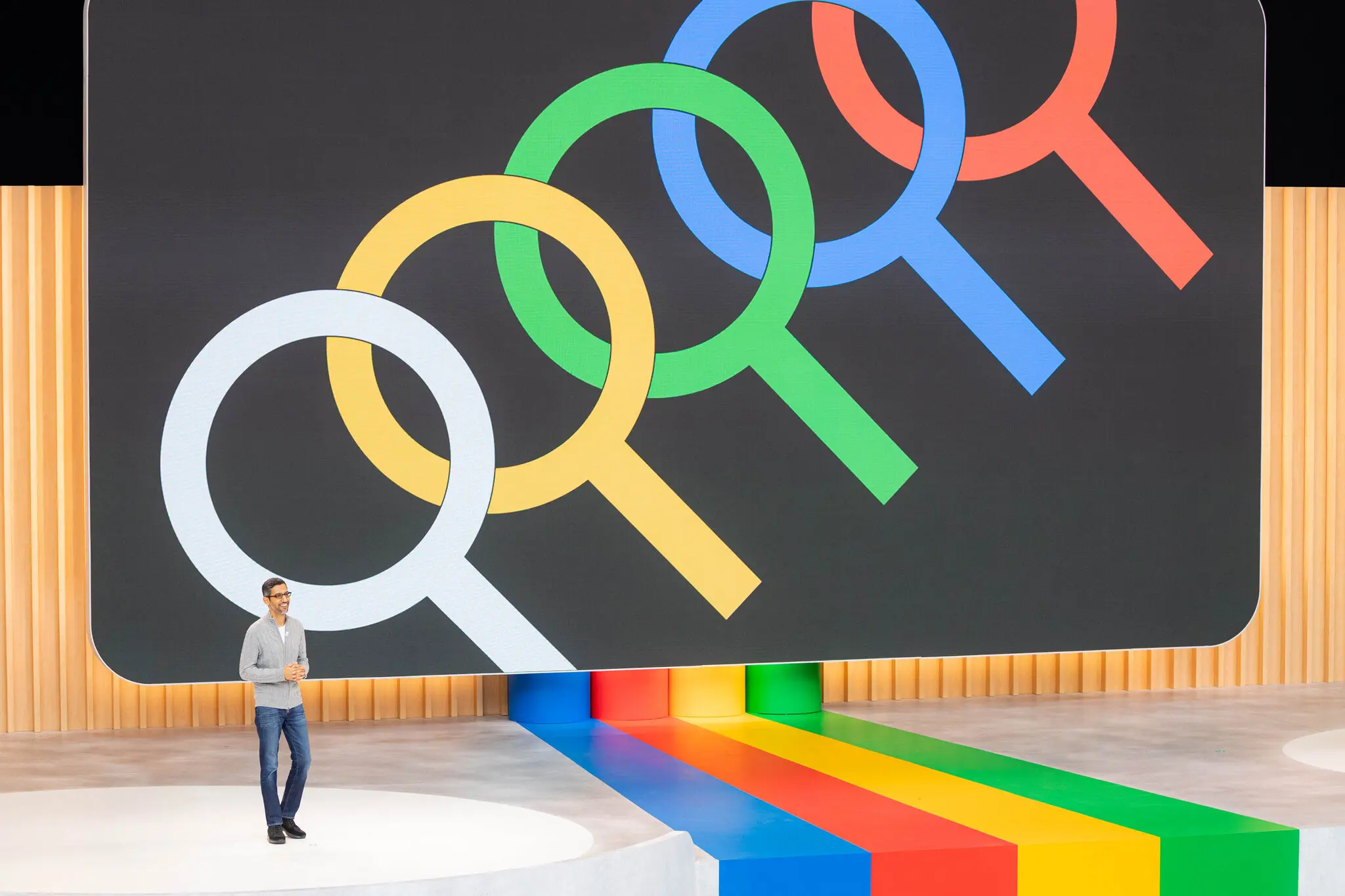A U.S. federal judge has ruled that Google is a monopolist, stating that the company has used its dominance to maintain a monopoly in “general search services” and “general search text advertising”.
The ruling highlighted Google’s payment of $2 billion to Apple in 2023 alone, securing its position as the default search engine on Safari. This move has been seen as an attempt to discourage Apple from developing its search engine or switching to competitors like Bing or DuckDuckGo. Google defends its actions by claiming that its product is superior and that Apple’s research confirms users prefer Google over Bing.
The implications of this ruling are still uncertain, ranging from a potential breakup of Google to restrictions on the company’s ability to strike deals that make it the default search engine. Drawing from the European Union’s past rulings against Google, any immediate impact might be minimal, but it could pave the way for new entrants in the search engine market.
More critically, Google’s response on X (formerly Twitter) denies any wrongdoing, asserts the superiority of its product, and argues that the ruling hinders its ability to make its search engine “fully available.” However, this response may reflect the very attitude that led to this situation: instead of addressing the core issue—its practice of paying companies like Apple and Mozilla to keep Google as the default search engine—Google has adopted a tone that some might interpret as arrogant and dismissive of the concerns raised.
Firstly, no one has demanded that Google refrain from making its search engine fully available; the judge ruled that certain practices, such as paying large sums to secure its default status, are monopolistic. Secondly, during the trial, Google was indeed recognised as the best general search engine, especially on mobile.
This ruling represents a missed opportunity for Google to regain some of the goodwill it has lost recently. Its partnership with Reddit, which increased the forum’s visitors from Google from 70 million to over 600 million per month in less than a year, was followed by Reddit blocking Google competitors such as Bing and DuckDuckGo from serving results from the site. Additionally, recent algorithm changes have hurt smaller publishers, favoured large players, and exacerbated perceived quality issues in search results. Criticisms have also been levelled against Google’s AI overviews, which have been called inaccurate and potentially harmful to the web’s future by depriving publishers of their main traffic source.
Court decisions are often influenced by public opinion. Social media companies have faced increased scrutiny due to their perceived impact on politics, culture, and mental health. Google, as a company that has become integral to the web’s infrastructure—providing the most popular mobile operating system, browser, search engine, email client, and mapping software—could have avoided becoming a target.
Instead, Google has continued to shut down products that, while not profitable, served important functions. It has been accused of artificially inflating ad prices and squeezing profitable verticals like travel, shopping, and hotels out of organic search results—a move under investigation by the European Commission. This led to a frustrated email from Expedia CEO Barry Diller to a Google Ads executive after spending $10 billion on Google Ads over a few years — which exemplifies a growing dissatisfaction with the search engine with a growing number of stakeholders.
What lies ahead? Google must come to terms with its role as a key infrastructure provider and its significant impact on businesses and society, similar to the operation of roads and utilities. If Google believes its dominant position justifies any behaviour, as suggested by its response to the antitrust ruling, it should expect governments and regulators to intervene with new laws, operational challenges, and fines.
There’s another way: Google could acknowledge that it has become a key way in which people find information, communicate with others, do business and move around, and choose to continue adding value to these experiences without squeezing as much money and personal information out of every interaction as possible.
Alternatively, Google could acknowledge its role as a crucial platform for finding information, communicating, conducting business, and navigating the world, and choose to enhance these experiences without excessively monetising them or exploiting personal data. Google’s former “Don’t Be Evil” motto tacitly acknowledged the corporation’s potential impact on the world. Recommitting to it could be not only the most ethical approach but also the smartest long-term business strategy for Alphabet.

